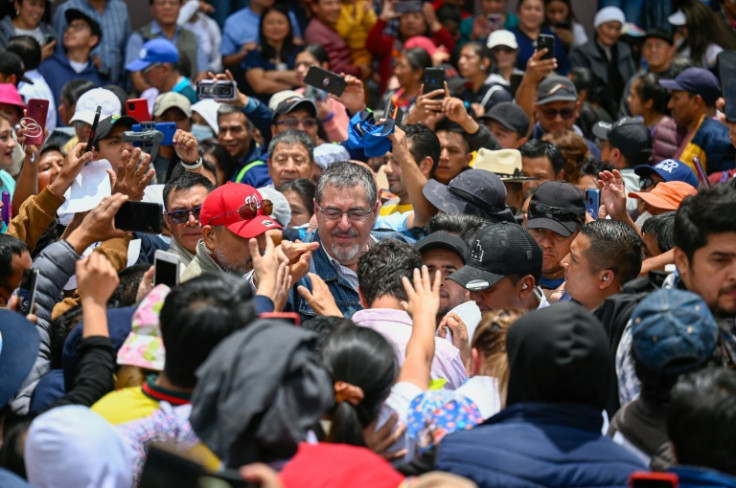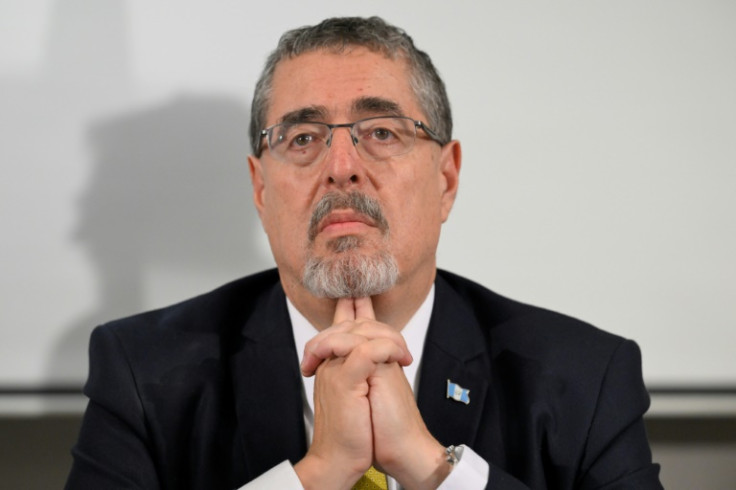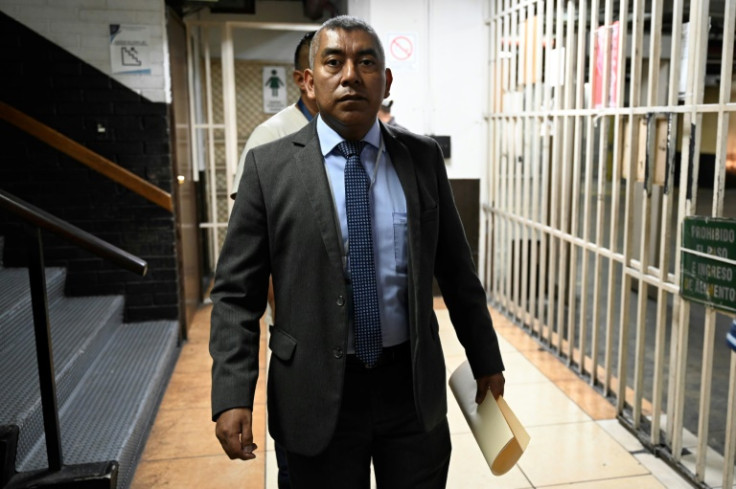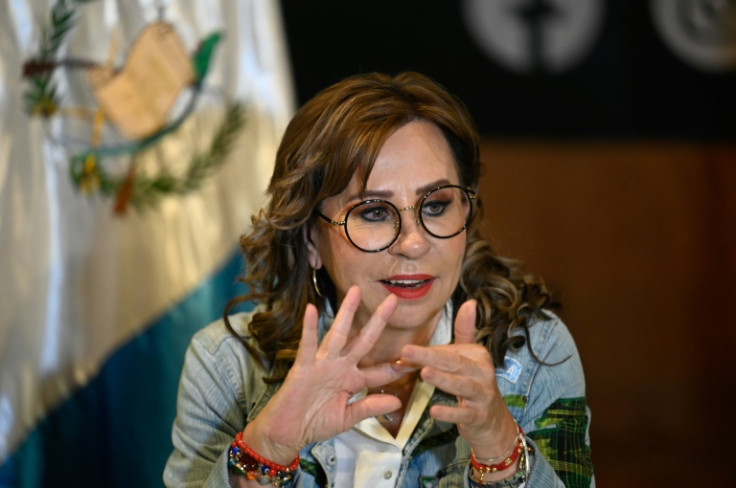How Outsider Arevalo Won The Presidency In Guatemala

Two months ago, Bernardo Arevalo was a low-profile lawmaker who few would have bet on to become the next president of Guatemala.
However, the bespectacled 64-year-old sociologist pulled off a massive upset by sweeping to victory in Sunday's election, a win seen as a stinging rebuke to a corrupt ruling elite.
AFP takes a look at the keys to his shock win:
Graft has seeped into the highest level of government in Guatemala, rated among the 30 most corrupt countries in the world by Transparency International.
"State institutions have been co-opted by political and economic elites and organized crime, all of whom protect their own interests... triggering violence and threatening democracy in the country," the nongovernmental organization said in January.
Arevalo made his vow to crack down on corruption the main plank of his campaign.
"We have been the victims, the prey, of corrupt politicians for years," Arevalo said on the campaign trail.
Guatemala has some 10 million people, with 60 percent of its population living in poverty, according to official data.
The murder rate is also one of the highest in the world, with many killings attributed to gang violence related to drug trafficking.
Despair pushes thousands abroad every year in search of a better life, many to the United States.
Young people between 18 and 25 make up 16 percent of voters in Guatemala, and before the first round in June, many said they had no hope of change.
However, after Arevalo pulled off a massive upset and came in second, young people were energized and took to the campaign trail with gusto.
"I have the impression that we will finally have change in Guatemala, that the youth will finally be heard, because our voices have been stolen by the garbage that has been there for years," said Jammy Lucas, a graphic designer in her 20s.
Arevalo's appeal to the youth was further boosted by his presence on social media networks.
Lacking money in the first round for fancy election posters, radio and television adverts, he focused his energy on social media.
"For me, there is one thing that stands out and that is that (social networks) were used as the first channel of direct communication between the candidate and the electorate," said Stephanie Tello, an advisor with Arevalo's Semilla party.
Arevalo's first-round upset put him firmly in the crosshairs of top prosecutor Rafael Curruchiche, who tried to have his party disqualified.
Curruchiche, who is under US sanctions for being "corrupt and undemocratic," was appointed in 2021 after his predecessor was sacked and fled to the United States in fear for his life.
He ordered raids on Semilla offices and the electoral board, drawing criticism at home and from foreign allies over efforts to undermine democracy.
"Publicity is publicity," said political analyst Celia Luna, hailing it as "brand awareness" for the candidate.
In the first round, 17 percent of votes were invalid, more than the number of votes any candidate won. In the second round, this dropped to only 3.5 percent.
Arevalo's rival, the former first lady Sandra Torres, failed in her third run for office.
Torres, 67, is the ex-wife of late leftist president Alvaro Colom, with the pair divorcing so she could circumvent laws preventing her from seeking office in 2011.
While promising welfare programs and various subsidies for the poor, much of her campaign was spent trashing Arevalo and his followers, whom she derided as homosexuals.
She dismissed Arevalo as a "foreigner" because he was born in Uruguay while his father was in exile.
"We cannot allow Guatemala to fall into the hands of radicals," she said recently, in a jab at Arevalo. "We cannot permit Guatemala to become a Venezuela or a Cuba."
She won the backing of the right and was seen as the establishment candidate.
"We all know Sandra's strategies... it's sleight of hand and we don't want the same thing anymore," said Patricia Guerra, a 43-year-old event planner.




© Copyright AFP 2024. All rights reserved.




















